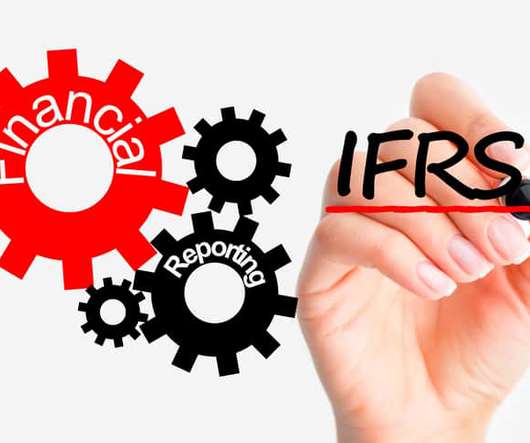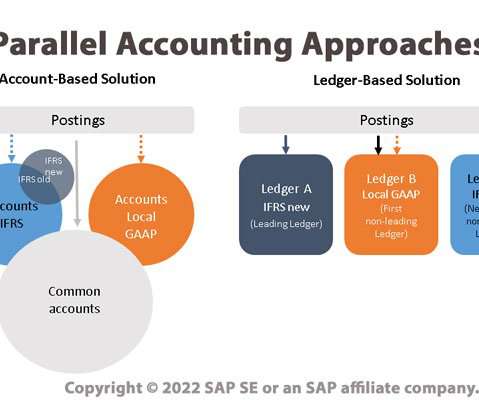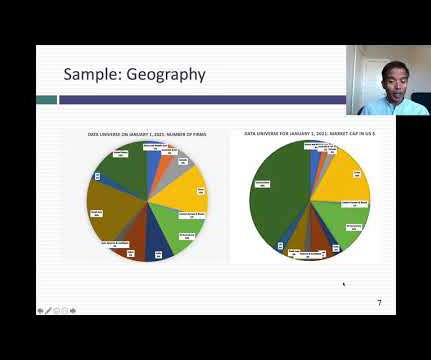IFRS 16: How to enable a smooth transition
Future CFO
AUGUST 22, 2019
IFRS 16, published by the International Accounting Standards Board (IABS), came into effect on January 1, 2019. Most organizations operating in Asia Pacific are aware of this new standard but may not be aware of a better way to make the transition.
















Let's personalize your content